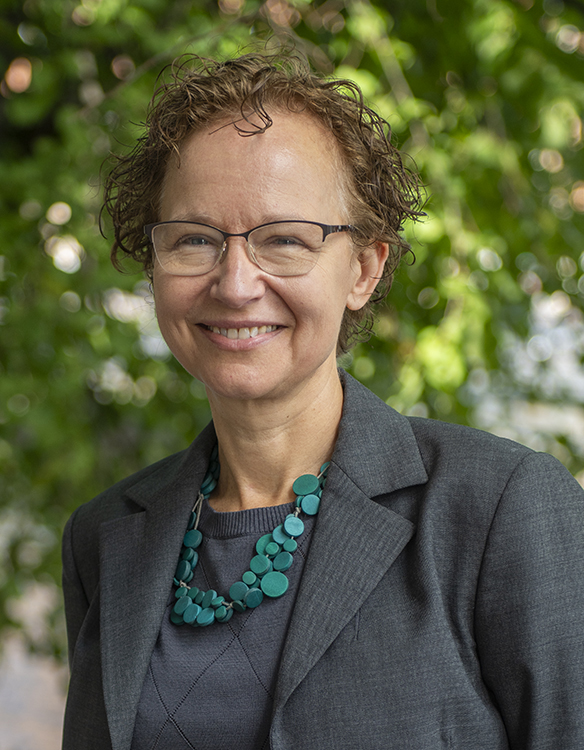
The Canadian Just Governance Group (JGG) published on its Informative Bulletin 'Múltiples' in December 2019, a number of articles and interviews, including an interview with Therese Pearce Laanela, Head of Electoral Processes, International IDEA.
Disclaimer: Views expressed in this commentary are those of the staff member. This commentary is independent of specific national or political interests. Views expressed do not necessarily represent the institutional position of International IDEA, its Board of Advisers or its Council of Member States.
JGG: Which are some of the most successful actions to prevent and mitigate electoral violence in fragile and conflict-affected states?
Therese Pearce Laanela: Electoral violence manifests when unresolved societal grievances play out in the electoral arena. This happens because elections are high visibility processes, political actors are at their most active, and stakes are high.
Consulting and collaborative forums are one way to foster a sense of common purpose, or at least common understanding, of the electoral process. Through our analysis of transitional elections (see our work on Timing and Sequencing), we’ve learned that a broad mobilization of both state actors (like electoral commissions, security sector agencies, judiciary, and media regulatory agencies) and non-state actors (like political parties, civil society organizations, media, reputable individuals and groups, including traditional leaders) is critical to promote and support peaceful conflict resolution throughout the electoral cycle.
These forums—which can be in the form of seminars, workshops, meetings or courses held well before an electoral event—can be designed as safe spaces where actors (who might potentially be on opposite sides of an electoral dispute) not only deliberate and learn to ‘speak the same language’ well in advance, but also jointly have access to relevant knowledge and tools. The BRIDGE project is one example of an effective methodology umbrella under which to have these conversations between stakeholders. Risk mapping exercises are another. During these, multiple actors can collaborate to share information on potential risk areas and can jointly access digital tools for data collection, analysis and action items. Other collaborative tools may include joint communication procedures or a designation of funds for joint interventions.
JGG: How can the independence and impartiality of electoral management bodies (EMBs) be strengthened so that the legitimacy of electoral processes is guaranteed?
Therese Pearce Laanela: Because an ‘accepted’ result is the key deliverable for an electoral process, legitimacy of the process and trust in its institutions takes on a special importance. Visible and demonstrable independence, as well as . . .
To read the full interview, please visit the JGG website and its Informative Bulletin




